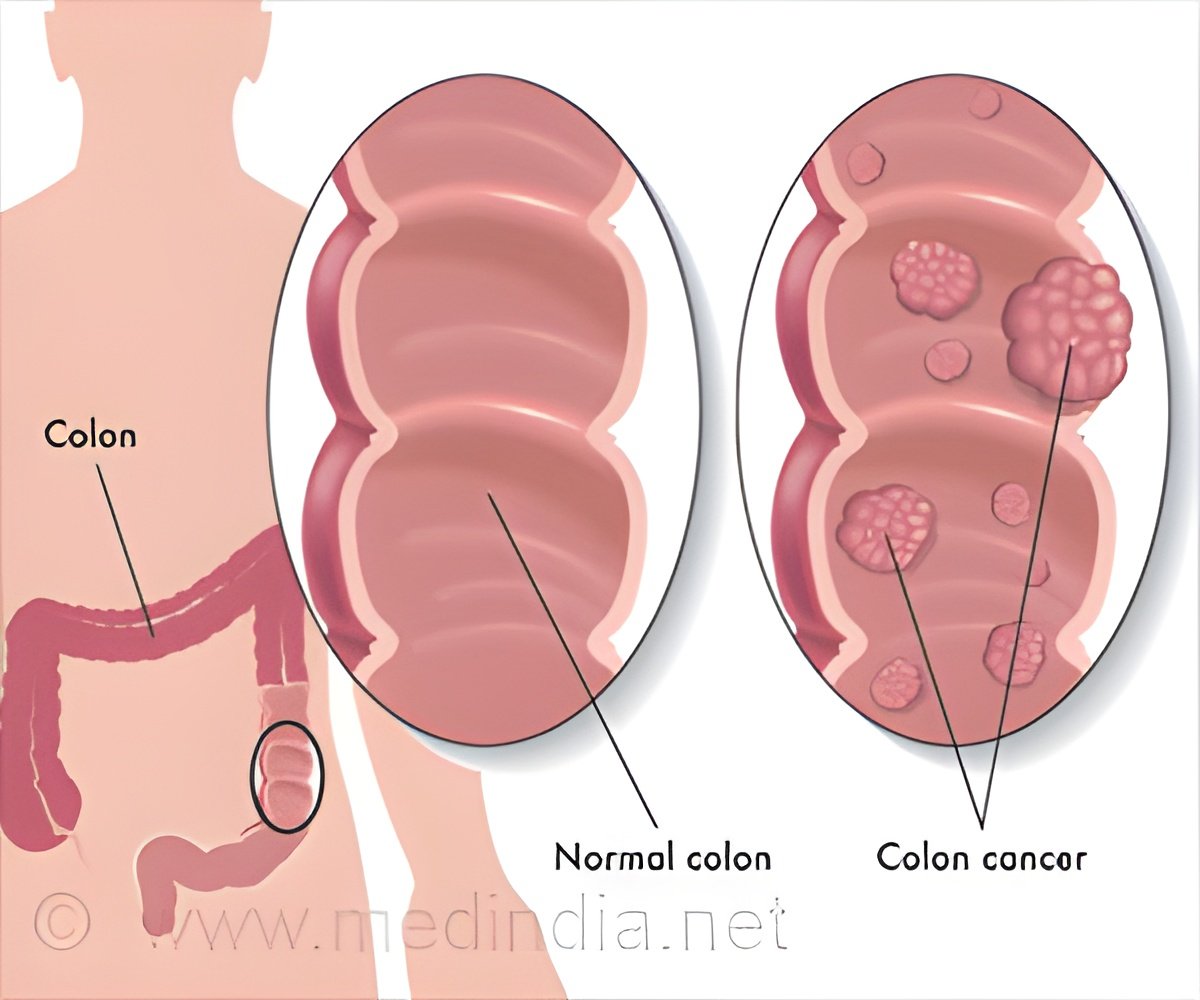New study on link between gut microbiome and colorectal cancer was led by Professor Iradj Sobhani, together with teams from Inserm and the Institut Pasteur Molecular Microbial Pathogenesis Unit (U1202), led by Professor Philippe Sansonetti.

‘Interactions between individuals with their environment can raise the incidence of colorectal cancer by fostering alterations in the genetic and epigenetic DNA of host cells.’
Read More..




The pilot study, funded by the French National Cancer Institute and promoted by the Paris Public Hospital Network (AP-HP) as part of a hospital program for clinical cancer research (PHRC-K), led to the development of a non-invasive blood test which identifies the epigenetic phenomenon associated with dysbiosis. The test was validated in 1,000 individuals. Read More..
Sporadic colorectal cancer can develop in patients without any known risk factors. It occurs as a result of complex interactions between individuals and their environment. The increasing incidence of this condition reflects negative environmental developments, which can trigger alterations to the genetic and epigenetic DNA of host cells, thereby promoting the onset of sporadic colorectal cancer.
Several studies have investigated the role of the microbiota as a mediator of these interactions. The team in the Gastroenterology Department at Henri-Mondor AP-HP Hospital and University Paris-Est Créteil, together with a team composed of members from Inserm and the Institut Pasteur Molecular Microbial Pathogenesis Unit (U1202), and the Chair in Microbiology and Infectious Diseases at the Collège de France, demonstrated in mice that the epigenetic mechanism triggered by some bacteria in the microbiota contributes to the onset or promotion of sporadic colorectal cancer. They subsequently validated their findings in humans.
The 136 mice in the study were transplanted with either fresh stools from nine patients with sporadic colorectal cancer or fresh stools from nine patients with no colon disorders. The procedure was carried out at Henri-Mondor AP-HP Hospital.
The colons of the mice were examined 7 and 14 weeks after the human fecal microbiota transplant. The teams particularly investigated the number and development of aberrant crypt foci (or ACF, a type of precancerous lesion), the microbial profile and damage to colonic DNA. They also took into account the animals' food intake, weight and blood indicators.
Advertisement
Mice who had received fresh stools from patients with sporadic colorectal cancer developed precancerous lesions known as aberrant crypt foci (ACF) without any significant genetic changes to the colon, but they had a greater number of hypermethylated genes - which have been significantly linked to the incidence of ACF in the colonic mucosa.
Advertisement
Prospective validation of the test was performed on 1,000 asymptomatic patients who were due to be given a colonoscopy.
To identify the bacteria involved, their entire bacterial genome was sequenced. The level of hypermethylation of three genes was defined as a cumulative methylation index (CMI). The patients were classified according to their CMI (positive or negative). An analysis identified a positive CMI as a predictive factor for the onset of sporadic colorectal cancer.
This research shows that the microbiota of subjects with sporadic colorectal cancer induces precancerous colonic lesions in animals by the hypermethylation of a small number of genes. The CMI and/or methylating bacteria could therefore be used as diagnostic markers for this type of cancer. These initial findings will need to be evaluated and confirmed in a clinical trial.
Source-Eurekalert












